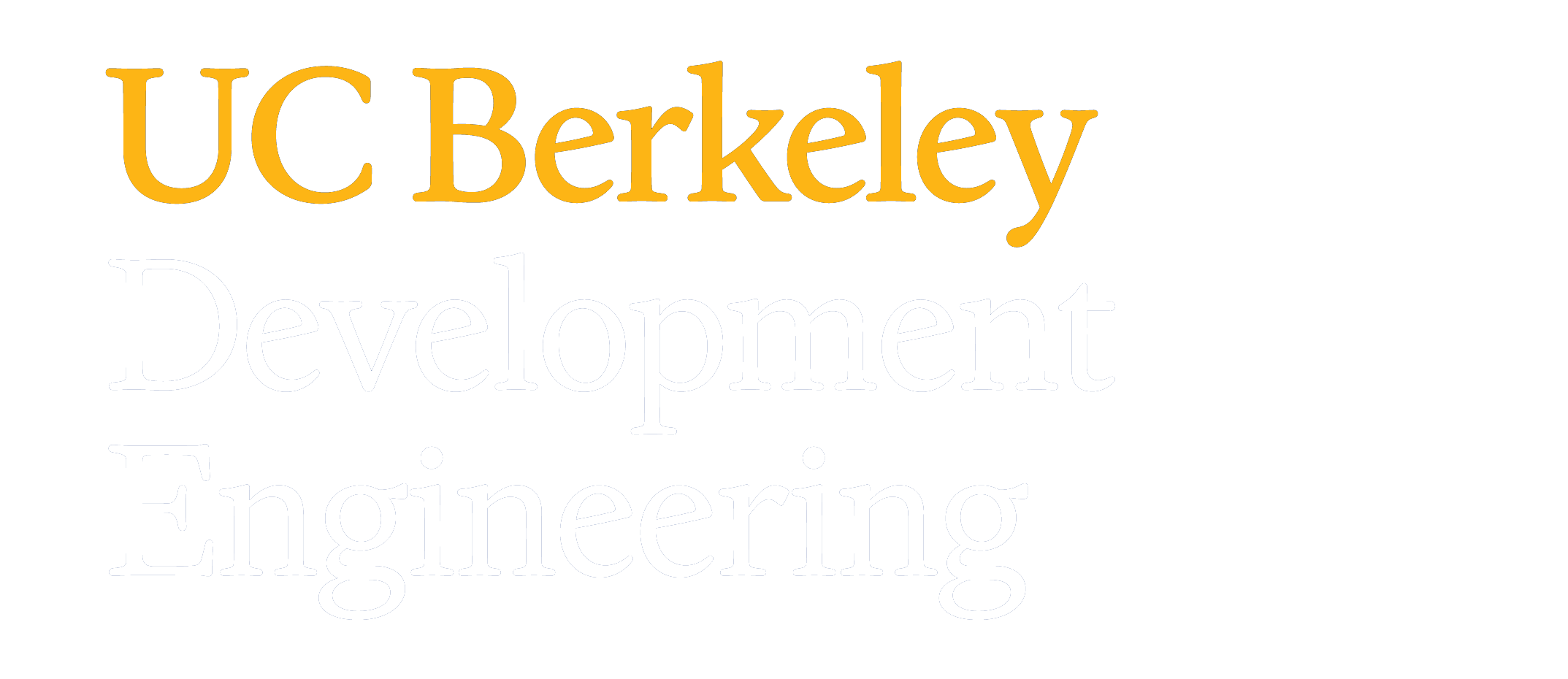Learning Outcomes
The Master of Development Engineering (MDevEng) prepares students from STEM and social science backgrounds to become humanitarian engineers—practitioners who apply technical and analytical expertise to some of the world’s most urgent challenges, including health equity, climate resilience, financial inclusion, food and water security, and sustainable infrastructure.
Graduates of the MDevEng program will be able to:
- Identify and address complex development challenges using interdisciplinary methods, with a focus on the ethical, cultural, and contextual dimensions of technological interventions in low-resource settings
- Design and implement appropriate, scalable technologies by combining systems thinking, data analysis, and community-driven insights
- Build deep domain expertise in a specific solution area (e.g., energy systems, healthcare innovation, AI for social impact, environmental sustainability)
- Evaluate projects using mixed methods, applying both qualitative and quantitative research and assessment tools
- Collaborate effectively across sectors and cultures, demonstrating professional skills in participatory design, cross-cultural communication, team leadership, and sustainable project management
Through a blend of rigorous coursework, experiential learning, and transdisciplinary collaboration, students graduate equipped to lead innovation in development contexts—with the humility, creativity, and systems perspective needed to drive real-world impact.

